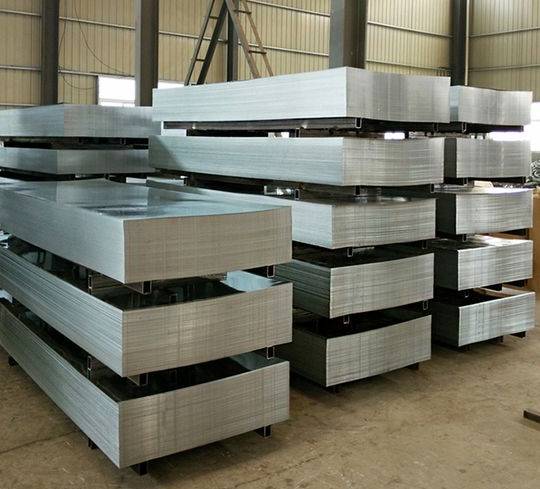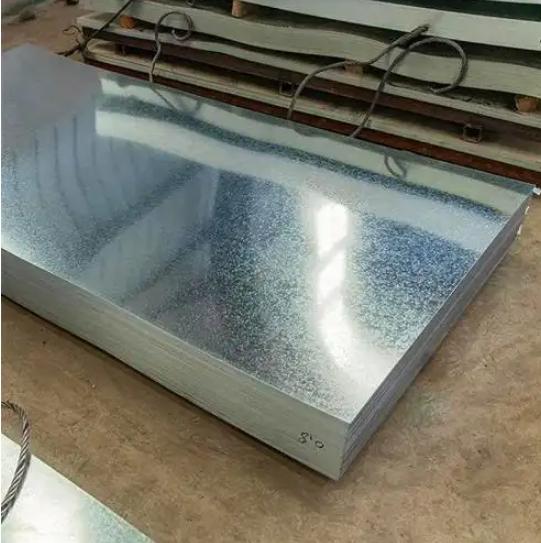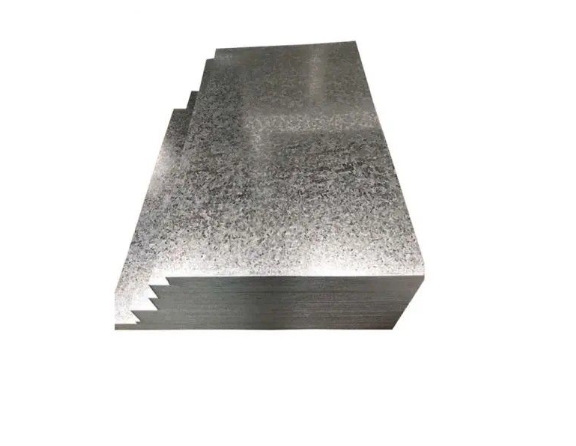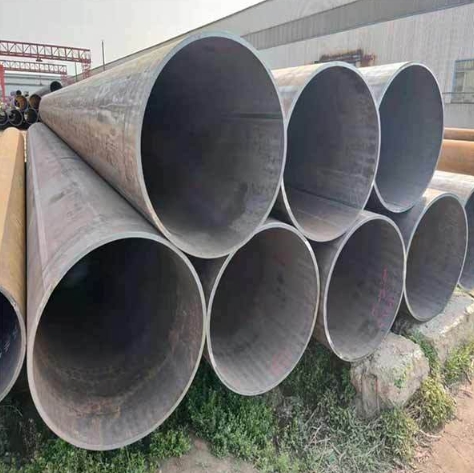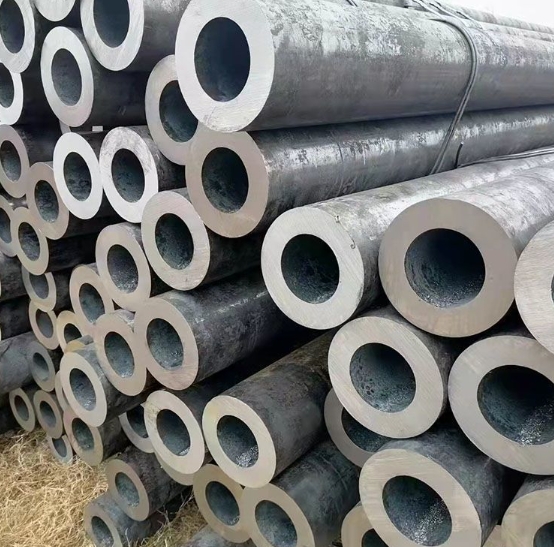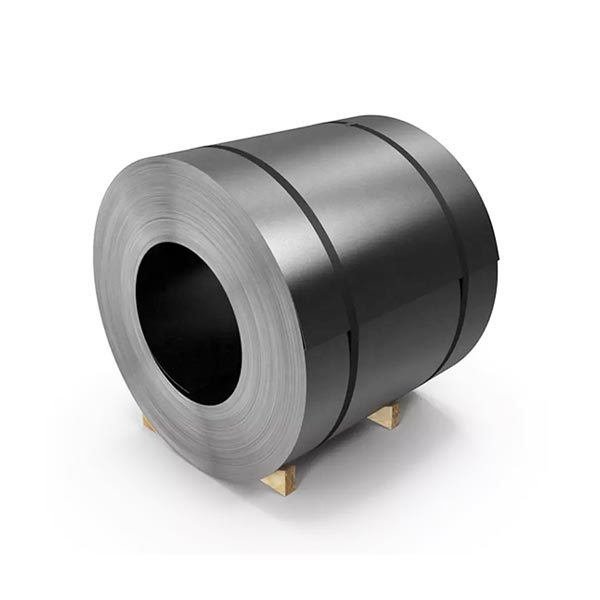Why 18 Gauge? The Perfect Balance of Strength & Workability
When I first started sourcing 18 gauge galvanized steel sheets for warehouse projects, I learned the hard way that thickness matters more than you’d think. At 0.0478 inches (1.214mm), this gauge offers 35% more strength than 20 gauge while remaining 22% easier to fabricate than 16 gauge (Metal Construction Association, 2023). But here’s what most suppliers won’t tell you…
The Hidden Problem: When “18 Gauge” Isn’t Really 18 Gauge
My $28,000 Quality Control Wake-Up Call
Last year, we installed what was supposed to be premium 18 gauge galvanized steel sheets on a factory extension. Three months later, we noticed worrying deflection in the roof panels. Caliper tests revealed the sheets averaged just 0.044″ – nearly 10% thinner than specified!
The Truth About Gauge Variations
| Measurement | True 18 Gauge | Common Substitutes |
|---|---|---|
| Inches | 0.0478″ | 0.044″-0.046″ |
| Millimeters | 1.214mm | 1.12-1.17mm |
| Weight (PSF) | 1.938 lb | 1.75-1.85 lb |
Source: ASTM A653 (2024 Edition)
Pro Tip: Always demand mill test certificates showing actual measurements, not just gauge numbers.
5 Critical Factors for Maximum Durability
1. Zinc Coating: G90 vs G60 vs G140
- G60 (180g/m²): Only suitable for indoor use
- G90 (275g/m²): The industry standard for outdoor applications
- G140 (460g/m²): Essential for coastal or high-pollution areas
⚠ Warning: 32% of “G90” sheets test below 250g/m² (Galvanizers Association, 2024). Always verify with XRF testing.
2. The Steel Grade Matters More Than You Think
| Grade | Yield Strength | Best For |
|---|---|---|
| Commercial | 30-40 ksi | Light structural |
| HSLA | 50-80 ksi | Heavy load-bearing |
| AHSS | 80-120 ksi | Extreme environments |
3. Proper Storage Prevents Premature Corrosion
- Stack horizontally on wooden pallets
- Use VCI paper between sheets
- Maintain <60% humidity
- Rotate stock every 3 months
- Never store directly on concrete
4. Cutting & Fabrication Best Practices
- Laser cutting: Cleanest edges (adds $0.15/SF)
- Plasma cutting: Fast but requires edge treatment
- Shearing: Economical for straight cuts
Cost-Saving Tip: Order pre-cut sizes to reduce waste by up to 18%.
5. Installation Secrets for Longevity
- Use neoprene washers under fasteners
- Allow 1/8″ expansion gaps
- Slope minimum 1/4″ per foot for drainage
- Seal laps with butyl tape
- Inspect annually for fastener tightness

Case Study: How Proper Selection Saved a School Roof Project
A Texas school district avoided $65,000 in repairs by:
- Switching to true 18 gauge (0.0478″) sheets
- Upgrading to G140 coating
- Implementing laser-cut edges
- Using HSLA grade steel
The roof has now lasted 12 years without significant corrosion.
Common Mistakes That Destroy Your Investment
- Assuming all galvanized steel is equal (coating weights vary wildly)
- Ignoring camber/flatness specifications (causes installation nightmares)
- Using the wrong fasteners (galvanic corrosion is real)
- Skipping edge treatment (where 89% of corrosion starts)
- Buying based solely on price (cheap sheets cost 3x more long-term)
The Future of 18 Gauge Galvanized Steel
- Smart coatings that change color when corroding
- Blockchain-tracked quality certificates
- AI-powered thickness monitoring (±0.0005″ accuracy)
- Self-healing zinc technologies (patent pending)
Your 18 Gauge Durability Checklist
✅ Verify actual thickness (0.0478″ ±0.001″)
✅ Confirm zinc coating (G90 minimum, G140 for harsh climates)
✅ Check steel grade (Commercial vs HSLA)
✅ Inspect flatness (≤1/8″ deviation over 10′)
✅ Plan proper storage (horizontal, dry, ventilated)
✅ Use certified suppliers like Shanxi Luokaiwei
Need premium 18 gauge galvanized steel sheets? Contact us today:
📧 [email protected]
📱 WhatsApp: +86 18912200505


